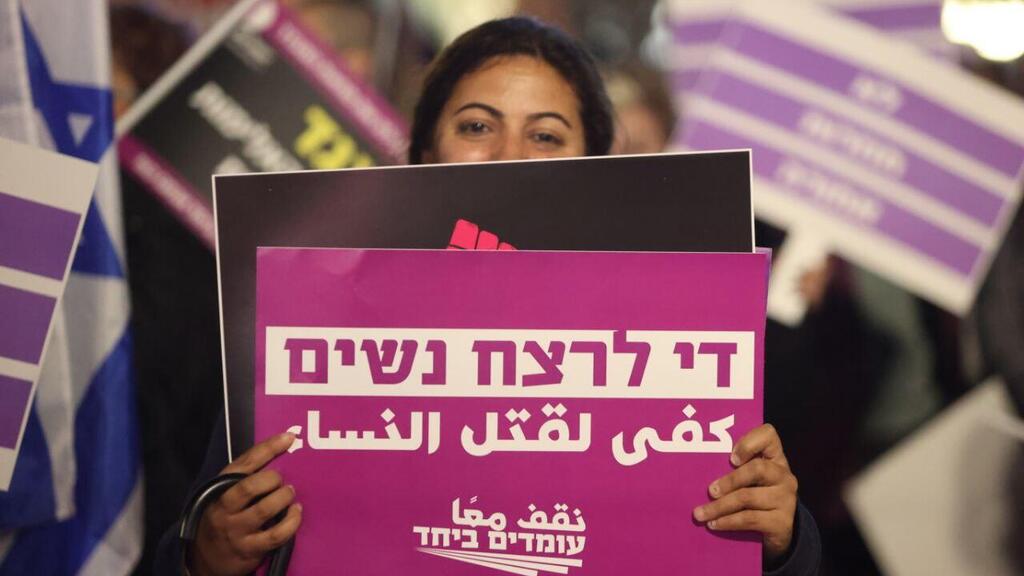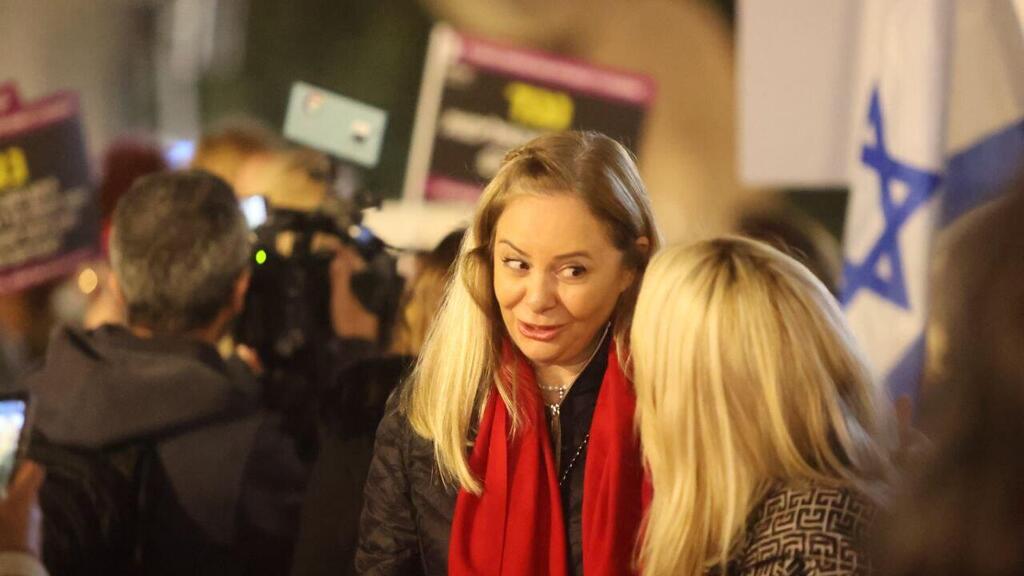One morning last week, as I was walking down my neighborhood in Tel Aviv, a stranger riding a bike swerved toward me and yelled "shame on you".
The neighborhood's women already know this man - a person who, based on his attire, seems to be ultra-Orthodox and wanders around the area yelling at women who he feels are bothering him in some way.
A month earlier, a friend told me that he yelled at her while she was unloading groceries from her car, hurling expletives at her which she had to translate for her five-year-old son who was with her. I assume I should have felt ashamed because of the tight shirt I was wearing or my exposed shoulders while wearing a tank top.
Here, perhaps I should mention that I was on my way back from a workout, wearing my usual attire, and how terribly hot it was outside. However, Israel is still a country where a woman doesn’t owe explanations for what, how, and why she is wearing in order to walk safely in public spaces.
This may be the last time in this country’s history that a woman shouldn’t have to explain herself in order to walk around without worrying about her safety.
The 2023 International Women's Day marks the most important Women's Day ever celebrated here. Until now, it’s been an opportunity not only to sell beauty products but also to discuss women and their lives.
It’s a chance to increase awareness to pay gaps, the domestic violence epidemic, spaces where the voice of women is weaker or silenced, and places from which women are excluded for simply being themselves.
Women’s Day is also a symbol. A symbol of the courageous and uncompromising struggle of women that created a reality where they have the opportunity to vote, influence, take action and be themselves.
Things are still far from perfect, but over the years there have been those who have realized that women are also human beings. An intelligent being whose rights are no lesser than those of the opposite sex.
And for those who didn’t understand - maybe because they’ve never been in a delivery room, where it’s clear how a new life enters the world - there was the Supreme Court.
The coalition's desire to impose its will on the Supreme Court means putting the future of women from all sectors, of every socio-economic status and every age, in the hands of a group of conservative men — some of whom have criminal records, some exclude women from their political parties as part of their ideology, and some's vocabulary has the word "rule" over "lead" or "be a voice for the people.”
They also label Israeli citizens who practice their right to demonstrate against them "anarchists," and tell them to "go to hell, we'll manage without you,” like Communications Minister Shlomo Karhi.
When these people are trying to take over the judiciary, claiming to do in order to give “proper representation” to everyone without even mentioning women at any point, Women’s Day is no longer a symbol of strength and a chance for dialogue.
It also stops being a symbol for women’s struggle as we’re too busy fighting against the proposed overhaul, nor a chance for dialogue because the reality of the last two months is forcing us to take a stand on things we have up to this point thought were a given.
We stand at a peculiar point in history where women, that is those who grew up with the “privilege” of being allowed to speak, stand up for themselves, and take action — certainly more than their grandmothers and great-grandmothers — have to imagine a reality where these privileges are taken away from them. This is difficult if not impossible to fathom.
Maybe that is why there are voices opposing the protesters, the women's organizations, and the “handmaid’s protest”, labeling them as "hysterical" — a term that has culturally and historically always been attributed to angry women, not angry men.
History and culture always remind us that women's lives are like a board game — one moment you see victory, and the next moment reality brings you back to the starting point.
At one moment, we were talking about education for equality, wage gaps, and the fact that two women are murdered each month on average.
Now, we're talking about a bill that will allow imprisoning for six months visitors to the Western Wall who dress immodestly, expanding the authority of rabbinical courts where only men decide the future of women, and weakening the body that has been reinforcing the status of women in the public sphere for years.





